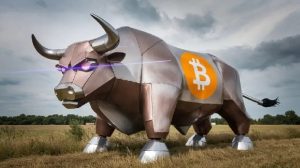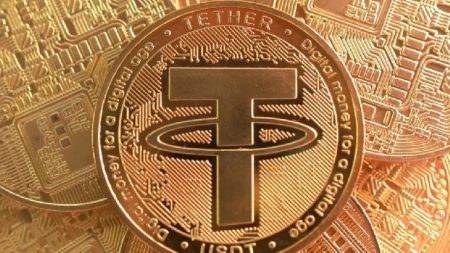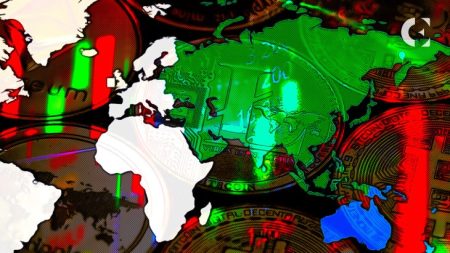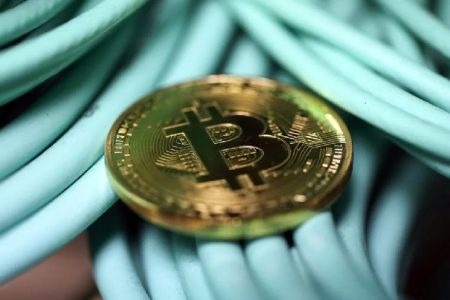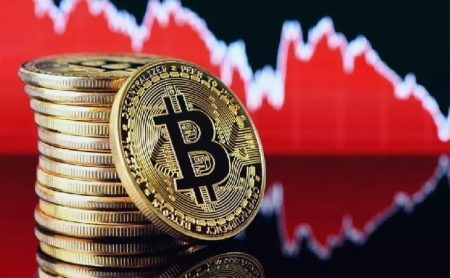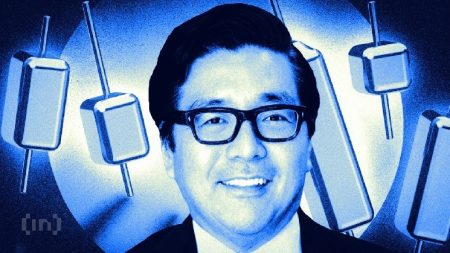Decentralized finance (DeFi) is not just a trendy term; it represents a paradigm shift in the financial landscape, moving away from centralized control and towards individual empowerment. DeFi embodies the core principles of capitalism by fostering transparent, trustless, and voluntary exchanges, thereby creating a truly free market where individuals control their wealth and trade freely. This stands in stark contrast to the current financial system, which is riddled with monopolistic practices, government interventions, and regulations that stifle competition and innovation. DeFi offers an alternative where merit and voluntary exchange dictate success, not force or favoritism.
The existing financial system operates as a state-backed monopoly, with major financial institutions colluding with governmental powers. This creates an environment where innovation is stifled, competition is restricted, and economic influence is centralized. Such a system inherently benefits a select few at the expense of the many. DeFi, on the other hand, leverages the transparency and immutability of blockchain technology to facilitate seamless transactions without intermediaries, minimizing inefficiencies and eliminating opportunities for coercion or fraud. This decentralized approach fosters a genuinely free market where participants interact directly, unburdened by excessive regulations or unwarranted oversight. In essence, DeFi promotes a financial ecosystem where individuals can fully exercise their economic freedom and pursue their financial goals without undue interference.
The concept of individual financial sovereignty is central to DeFi. It empowers individuals to take control of their economic destiny, free from the constraints of traditional financial institutions and government oversight. This stands in sharp contrast to the historical precedent of centralized economic control, dating back to ancient civilizations like Sumer, where the ruling elite held sway over resources and imposed taxes on the populace, creating and perpetuating social inequalities. This historical pattern of centralized control and wealth concentration underscores the inherent flaws in systems that rely on coercion and limit individual freedoms. DeFi offers a radical departure from this historical trajectory by promoting a system where individuals are empowered to control their own financial assets and participate in a truly free and open market.
DeFi’s ability to democratize finance is one of its most compelling features. Regardless of background, location, or profession, anyone can participate in this inclusive financial ecosystem. This open access breaks down traditional barriers and empowers individuals across the globe to engage in transparent and direct financial interactions, promoting a level playing field where success is determined by merit and innovation. By offering an alternative to the monopolistic tendencies of conventional finance, DeFi empowers individuals to shape their own economic futures and participate in a truly global financial marketplace. This is a profound shift from the traditional financial system, which often excludes or disadvantages those without access to established financial institutions or who reside in underserved communities.
The philosophy underlying DeFi aligns with the principles of laissez-faire capitalism, where trade and currency serve as the primary instruments for individuals to pursue their aspirations and demonstrate their productive capacity. DeFi enhances this paradigm by leveraging the power of blockchain technology and smart contracts, ensuring that transactions are executed efficiently and transparently. This decentralized framework eliminates the need for intermediaries, reduces costs, and mitigates the risk of fraud or manipulation. By fostering a truly free market, DeFi unlocks the potential for human innovation and secures private property rights within the financial realm. This approach contrasts sharply with the current system, which often favors established institutions and creates barriers to entry for individuals and small businesses.
In conclusion, DeFi represents a paradigm shift in finance, moving away from centralized control and towards individual empowerment. It embodies the core principles of capitalism by promoting transparency, trustlessness, and voluntary exchange. This creates a truly free market where individuals control their wealth and trade freely, unlike the existing system, which is often characterized by monopolistic practices and excessive government intervention. DeFi leverages the power of blockchain technology to facilitate seamless and secure transactions, minimizing inefficiencies and eliminating the need for intermediaries. By democratizing access to financial services and empowering individuals to control their economic destinies, DeFi offers a compelling alternative to the traditional financial system, paving the way for a more equitable and innovative financial future. This shift towards individual financial sovereignty represents a significant step towards realizing the full potential of a free and open market.
